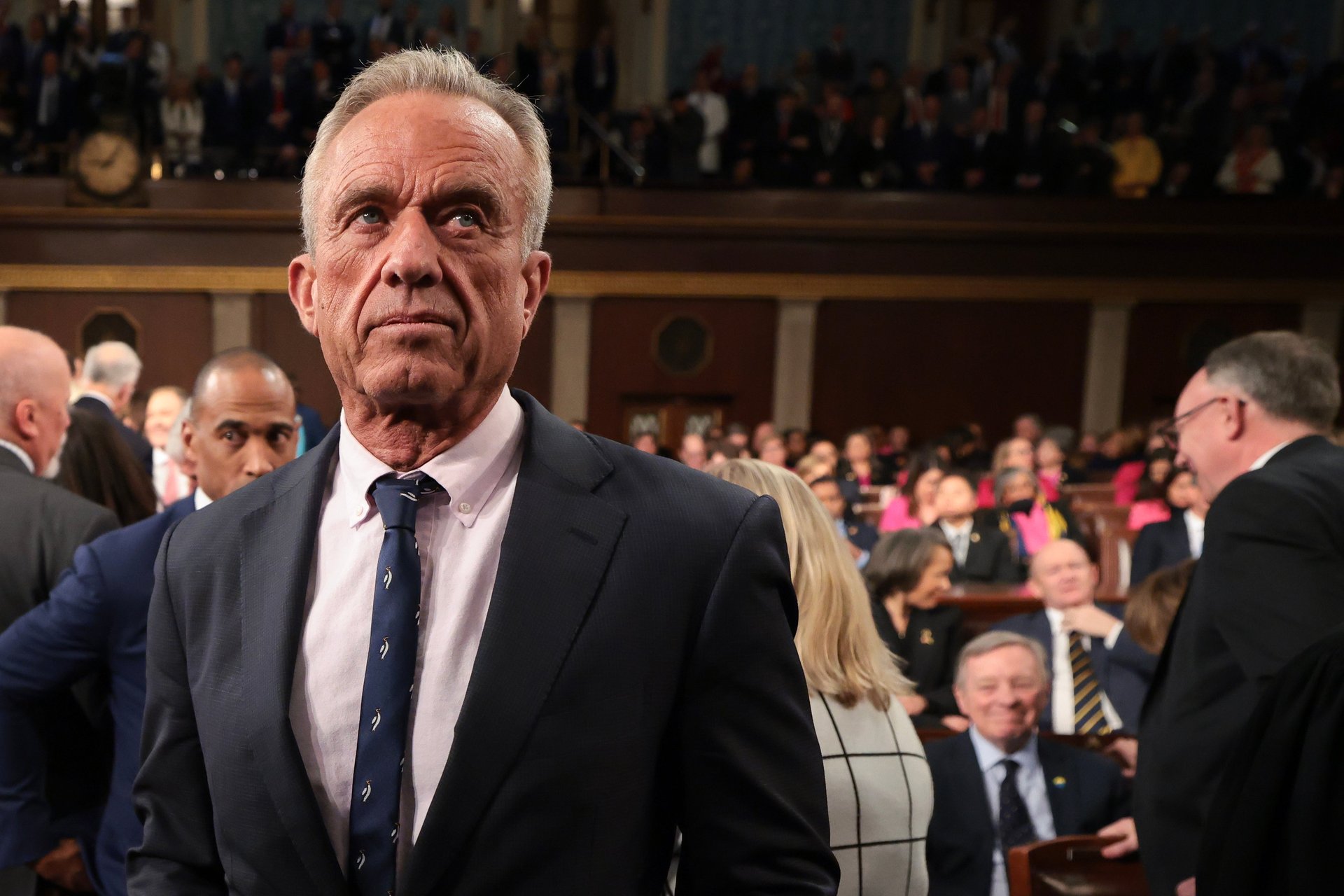RFK Jr. has less control over food than he thought. Here's why
Regulatory divides between the FDA, the USDA, and other agencies are hindering Kennedy's "Make America Healthy Again" push

U.S. Secretary of Health and Human Services (HHS) Robert F. Kennedy Jr.’s crusade to improve America’s food system is being stifled by a major roadblock: The fragmented regulatory system.
Suggested Reading
In the U.S., food regulation is spilt between multiple agencies, including the U.S. Department of Agriculture (USDA) and Food and Drug Administration (FDA). These agencies are responsible for different products, but share overlapping responsibilities.
Related Content
Take hamburgers, for example: The USDA oversees the safety of beef patties due to their meat content, while the FDA regulates plant-based veggie burgers. Despite the fact that both products are often found side-by-side on store shelves like Walmart, they fall under the jurisdiction of different agencies, each with distinct regulations.
Kennedy, a staunch critic of ultra-processed foods and vocal advocate for healthier school lunches, has long pushed for reform in the food system. However, his efforts are severely limited by the fragmented nature of food regulation. The agencies meant to oversee food and nutrition don’t always work in tandem, and often the same food products are inspected by multiple agencies, depending on how they’re categorized.
The framework makes Kennedy’s push for systemic change complicated and makes it more difficult to unilaterally address issues like food safety, labeling, and the availability of nutritious options. Having one agency dedicated to food policy could streamline the regulatory process and ensure all food products, regardless of their ingredients, are held to the same standards. With a Department of Food, inspectors would be able to oversee all food types, from burgers to veggie patties, without confusing jurisdictional overlap.
A unified agency would also be better equipped to address modern challenges in the food industry, such as the rise of plant-based foods and the growing demand for cleaner, more transparent labeling. Additionally, it could pave the way for more effective and comprehensive reforms.
For now, the agencies aim to maintain “transparency.” In his “Message to America” speech last month, Kennedy stated, “There will be no more hidden conflicts of interest, secrecy, or profiteering on the substances we’re supposed to be regulating.”
On Friday, March 28, Kennedy announced that the Trump administration would allow states to prohibit recipients of federal food assistance, such as those receiving Supplemental Nutrition Assistance Program (SNAP) benefits, from using those benefits to purchase soft drinks. The move is part of Kennedy’s “Make American Healthy Again” initiative.
